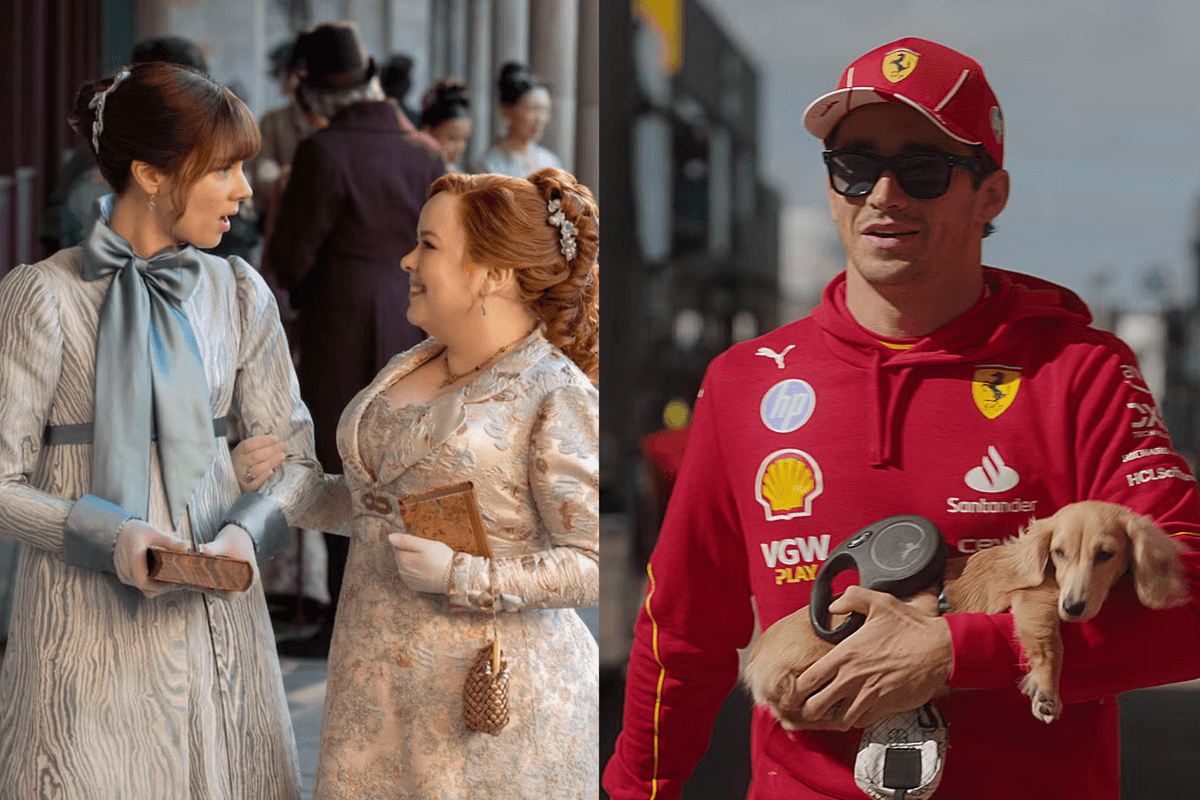Sinead Butler
Aug 17, 2024

The opposite of 'déjà vu' is even more unsettling
iStockphoto by Getty Images
Déjà vu is something a lot of us have experience before, given that the likes of Beyonce and Olivia Rodrigo have popular songs about this phenomenon.
It's a rather strange feeling of having already experienced the situation in the present, and this occurs when "a part of the brain which detects familiarity de-synchronises with reality."
But did you know there is another occurrence that happens which is opposite to Déjà vu?
This is called "jamais vu" which is the experience of feeling unfamiliar with something that is very familiar to you - it's even rarer than Déjà vu so may feel even more unnerving, according to Ig Nobel award winning research for literature by Christopher Moulin, Professor of cognitive neuropsychology, Université Grenoble Alpes (UGA) and Akira O'Connor, senior lecturer in Psychology at the University of St Andrews who wrote about their findings in The Conversation.
Some examples of jamais vu given by Professor Moulin and O'Connor include looking at something familiar and finding it suddenly unknown or visiting a familiar place as seeing it through "new eyes."
Or even writing a word out correctly but looking at it over and over again because you have doubts that it could be incorrect.
In their experiment, the researchers got 94 undergraduates to repeatedly write the same word - ranging from common to the uncommon - over and over again as quickly as they could.
Participants were given a range of choices as to why they might stop writing such as boredom, or an achy hand.
Though it turns out the most popular answer that was chosen (70 per cent) was due to them feeling strange, which Moulin and O'Connor have defined as experiencing jamais vu.
For familiar words, this feeling would typically arise at around one minute (33 repetitions).
Following this, it was just the most common word "the" that was written repeatedly in the second experiment where 55 per cent of participants stopped after 27 repetitions due to jamais vu feelings.
Like déjà vu, jamais vu can be an experience that is tricky to put into words but participants described how the words began to lose meaning the more they looked at the word, losing control of their hand, or just the word simply not looking right.
But this isn't the first time an experiment around jamais vu has been conducted, all the way back in 1907 Margaret Floy Washburn's experiment with one of her students similarly found that when words are stared at for three minutes, there is a “loss of associative power."
Both Professor Moulin and O'Connor noted how jamais vu "helps us 'snap out' of our current processing, and the feeling of unreality is in fact a reality check."
"It makes sense that this has to happen. Our cognitive systems must stay flexible, allowing us to direct our attention to wherever is needed rather than getting lost in repetitive tasks for too long."
So... which pop star is going to write a hit song about jamais vu?
Sign up to our free indy100 weekly newsletter
How to join the indy100's free WhatsApp channel
Top 100
The Conversation (0)












